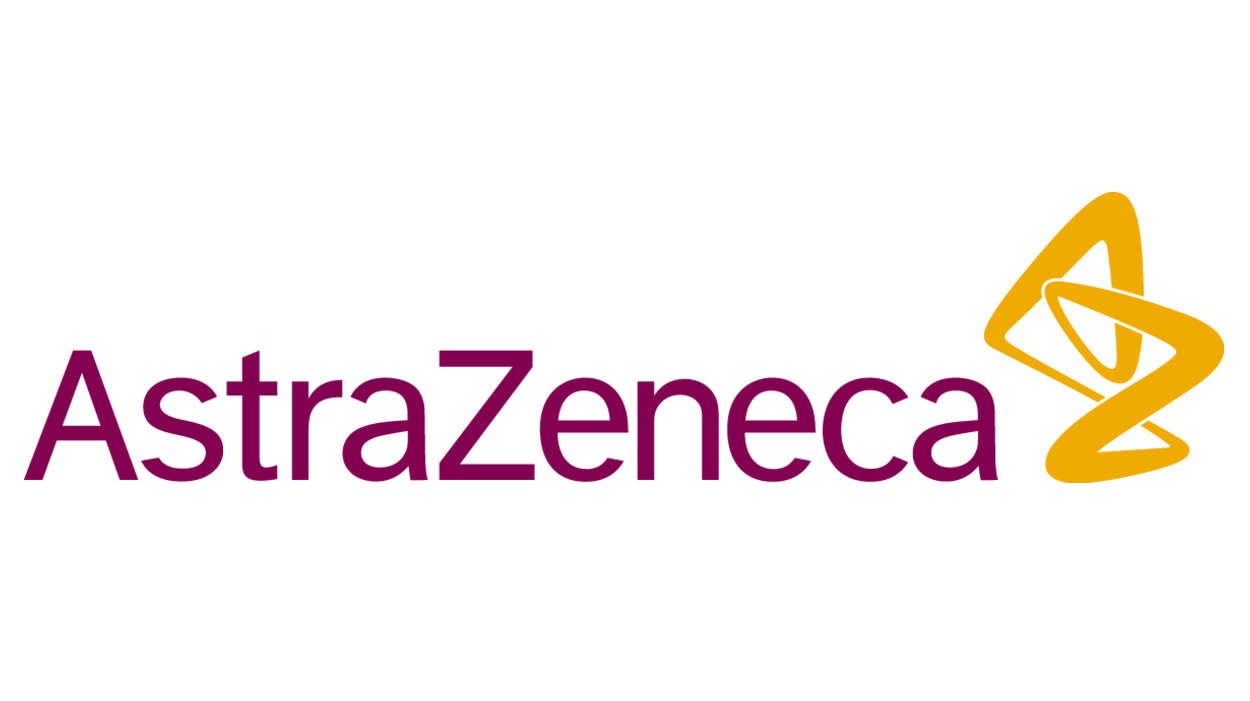AZ’s diabetes combination Qtern approved in Europe

The European Commission has granted marketing approval to a new combination pill from AstraZeneca to treat type 2 diabetes.
Qtern combines the company’s existing DPP-4 inhibitor drug Onglyza (saxagliptin) with its SGLT2 inhibitor Forxiga (dapagliflozin), the first ever to combine treatments from these two classes.
The approval is good news, as the FDA rejected the combination in October last year, saying more data from ongoing or further clinical trials was needed.
The 2-in-1 pill should help AstraZeneca in a crowded market, where competition is increasingly focusing on providing convenient and reliable blood sugar control, as nearly half of all people with type 2 diabetes are unable to reach their treatment goal.
Also of growing importance are claims for long-term cardiovascular benefits. Rivals Boehringer Ingelheim and Lilly having just secured FDA approval to claim that Jardiance (empagliflozin) reduces the risk of heart attacks and strokes, the first ever drug to achieve this distinction.
Even though these cardiovascular benefits are expected to be a class effect, AstraZeneca’s Forxiga and SGLT2 market leader, Janssen’s Invokana won’t have their own long-term data until 2019.
Meanwhile AstraZeneca will also be aiming to win market share from Merck Sharp & Dohme’s (Merck in the US) Januvia (sitagliptin) and Janumet (sitagliptin + metformin), which is the leading oral diabetes drug franchise worldwide.
Onglyza earned $211 million in the first quarter of 2016, up 15%, but this trails far behind Januvia/Janumet’s 1.41 billion in the same period.
But the new Qtern approval is based on placebo controlled trials, and therefore provides no evidence of the combination being superior to rival treatments or combinations.
Qtern is indicated for adults with type 2 diabetes when metformin and/or sulphonylurea and one of the mono-components of Qtern alone do not provide adequate control, or when a patient is already being treated with the free combination of saxagliptin and dapagliflozin.
There is another obstacle for AstraZeneca’s new combination – in April the FDA issued a new alert about potential for increased risk of heart failure in patients taking Onglyza, and another lesser-known DPP-4 drug, Takeda’s Nesina.
Merck meanwhile has produced results from a long-term study of Januvia, which showed no signs of heart failure in patients.
AZ also has two GLP-1 drugs, Bydureon and Byetta, an injectable class of drugs which is playing an increasingly large part in diabetes treatment.
Meanwhile, AZ has a number of promising drugs in its cardio-metabolic pipeline. MEDI0382, a novel dual-agonist of GLP-1 and glucagon receptors on glycaemic control and weight, MEDI4166, a combination of a PCSK9 cholesterol treatment and a GLP-1, which recently moved into phase 2 trials.











